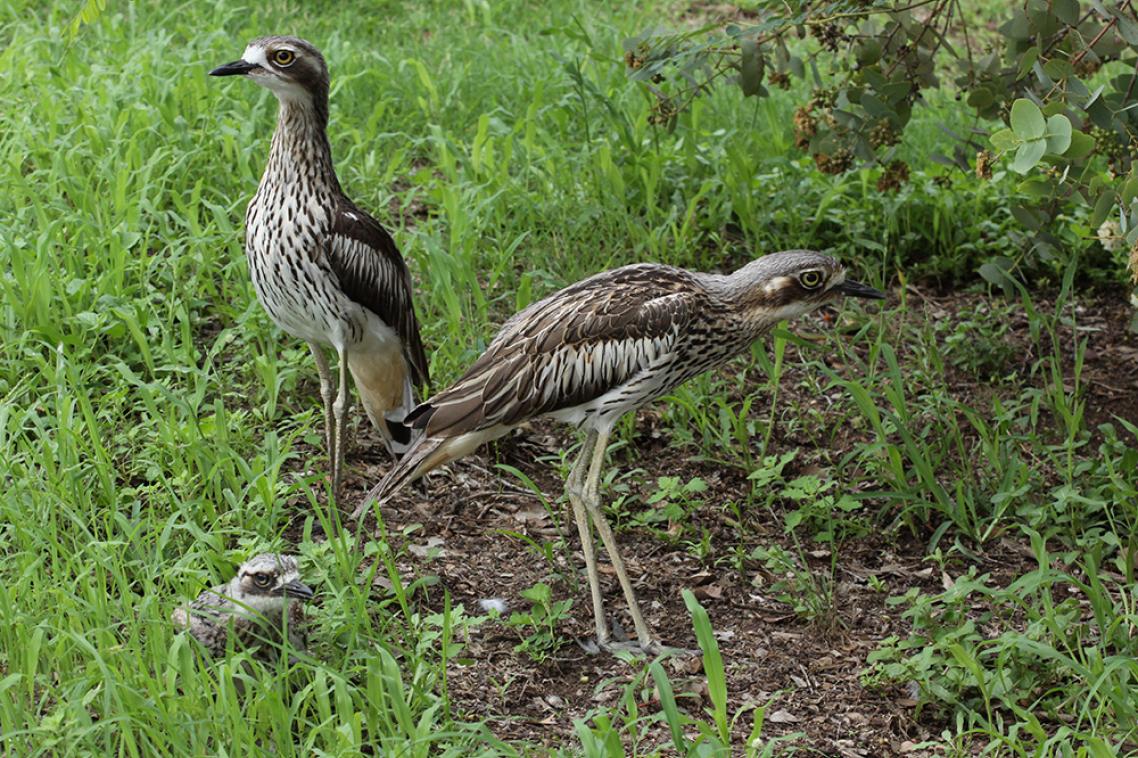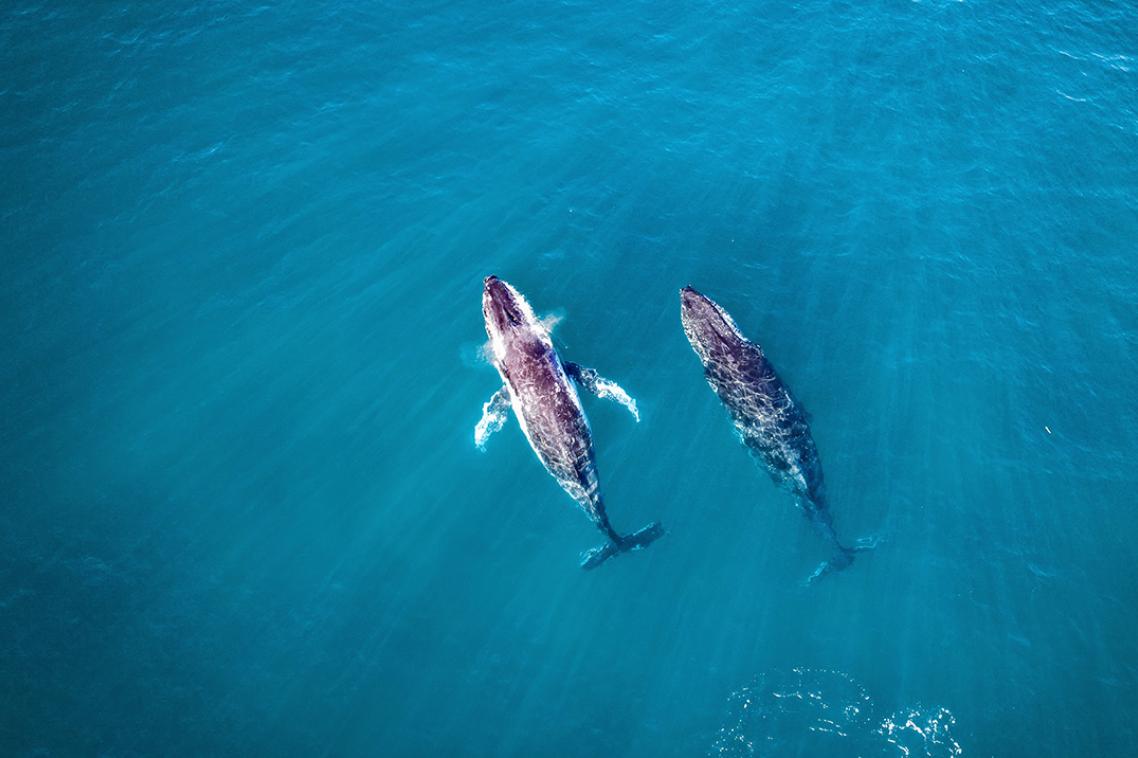Biding time could improve conservation outcomes

Strategic delays in conservation efforts could be the key to protecting more species according to researchers at The University of Queensland.
The new study found instead of spending project funds immediately, conservation organisations could use the right amount of delay to improve the benefits achieved from their funding by focussing first on investment, capacity building, or monitoring and research.
UQ School of Biological Sciences and ARC Centre of Excellence for Environmental Decisions Postdoctoral Research Fellow Dr Gwen Iacona said the study used a mathematical model to look at conservation gains through identifying efficiencies.
“It showed that, because of the different rates of change in economic and ecological systems, waiting and using the time to improve the conservation capacity of the organisation provided better conservation outcomes than simply spending available money immediately,” Dr Iacona said.
“We tested this idea using data on forest restoration to counteract bird extinctions in Australia and Paraguay.
“We found that in both cases more species could be protected and extinctions could be halted faster when the available money for restoration was leveraged by investing it, before spending it on the on-the-ground projects.
“This result opens up a new dimension in conservation planning because it demonstrates that conservation gains can be obtained by looking for efficiencies in time and not just in space as has been the traditional strategy.”
Dr Iacona said every year, more species were being driven to extinction by the combined pressures of habitat destruction, invasive species and climate change.
These ongoing losses had created a crisis culture in conservation, where project funds were spent as soon as they were received.
The new research challenged this orthodox practice and demonstrated how strategic delays could improve efficiency.
“Waiting can allow agencies to leverage additional benefits from their funds through investment, capacity building, or monitoring and research,” she said.
“With the right amount of delay, limited conservation resources can protect more species and surprisingly they can even do so in less time.
“Our results suggest that, in addition to their current focus on where to target resources, conservation managers should carefully choose when to spend these funds.”
Co-researchers for the study are Professor Hugh Possingham, and James Cook University researcher Dr Michael Bode.
The study is published in the Proceedings of the National Academy of Sciences (PNAS) (doi/10.1073/pnas.1702111114).
Media: Professor Hugh Possingham, h.possingham@uq.edu.au, +61 434 079 061; or Dr Michael Bode, michael.bode@jcu.edu.au, +61 414 108 439.
Related articles

Decades of surveys show whale migration shift

Should you consent to your doctor using an AI scribe? Here’s what you should know.
Media contact
UQ Communications
communications@uq.edu.au
+61 429 056 139
